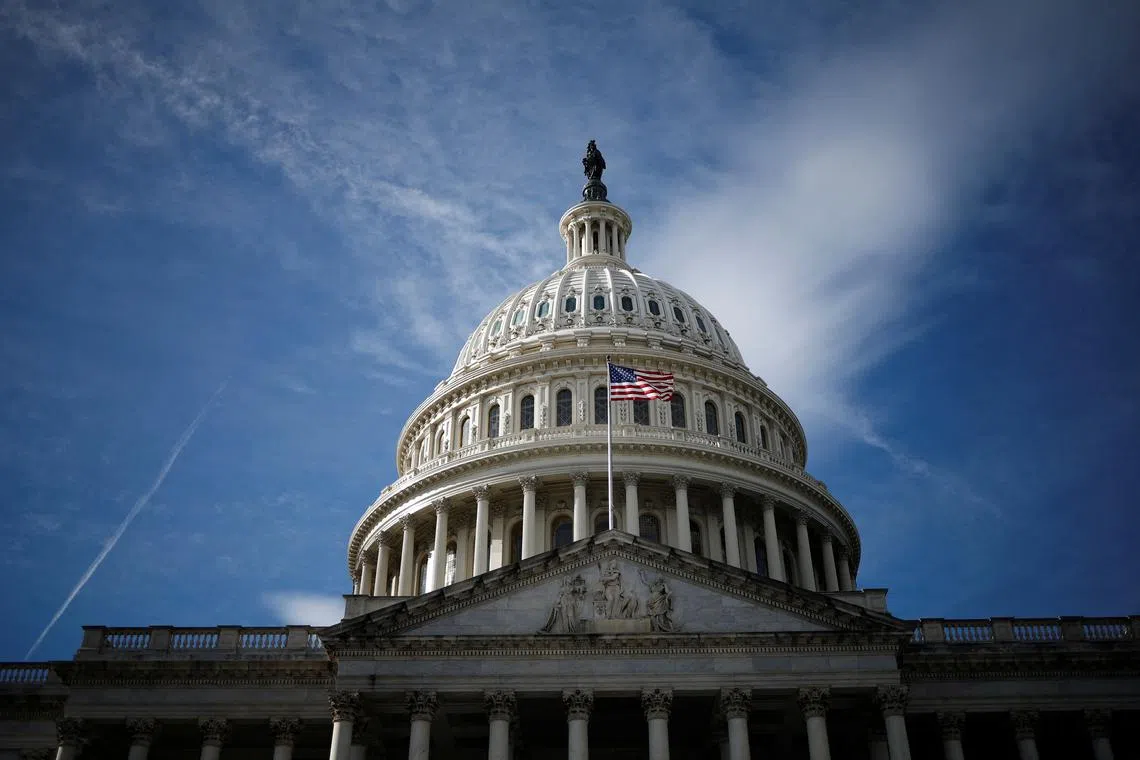US House passes Bill to appoint more judges, despite Biden veto threat
Sign up now: Get ST's newsletters delivered to your inbox

Judges say federal caseloads have increased more than 30 per cent since Congress last passed legislation to comprehensively expand the US judiciary.
PHOTO: REUTERS
Follow topic:
WASHINGTON – The US House of Representatives on Dec 12 voted in favour of legislation to add 66 new judges to understaffed federal courts nationally, a Bill that outgoing Democratic President Joe Biden has threatened to veto after lawmakers took up the measure only after Republican President-elect Donald Trump won the election.
The Republican-led House voted 236-173 in favour of a Bill the Democratic-led Senate passed earlier in 2024 that would add new judges gradually over a decade to courthouses in 13 states in what would be the first major expansion of the federal judiciary since 1990.
Hundreds of judges have taken the rare step of publicly advocating for the Judges Act, saying federal caseloads have increased more than 30 per cent since Congress last passed legislation to comprehensively expand the judiciary. And the Bill received a bipartisan, unanimous vote in the Senate in August.
But that was before the results of the Nov 5 presidential election were known. Democratic lawmakers have accused House Republicans of holding up on a vote on the Bill until they knew if Trump would emerge the victor – and if he would get the chance to name the first 25 judges.
The White House on Dec 10 noted the delay as one of the factors for why Mr Biden planned to veto the Bill if it passed the House.
By staggering the new judgeships over three presidential administrations, the Bill’s sponsors had hoped to get around lawmakers’ longstanding concerns about creating new vacancies that a president of an opposing party could fill.
But US Representative Jerrold Nadler, the top Democrat on the House Judiciary Committee, said a central premise of the proposal was that lawmakers would vote on it before the election, when no one knew who would get to appoint the initial wave of judges.
“What we are seeing today is a tragic breakdown of what should have been a bipartisan process,” he said on the House floor ahead of the vote. REUTERS

